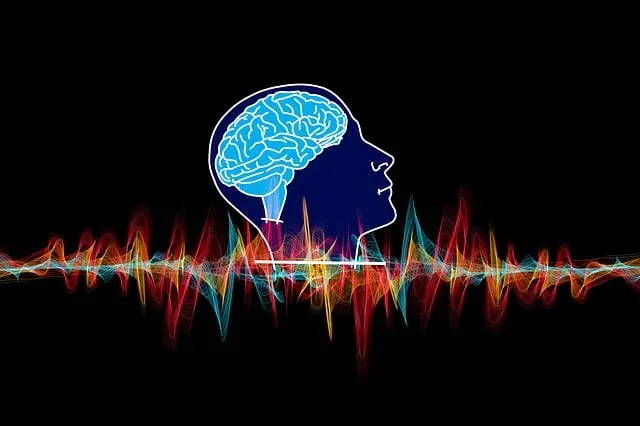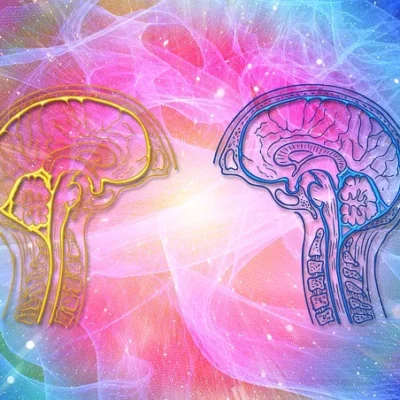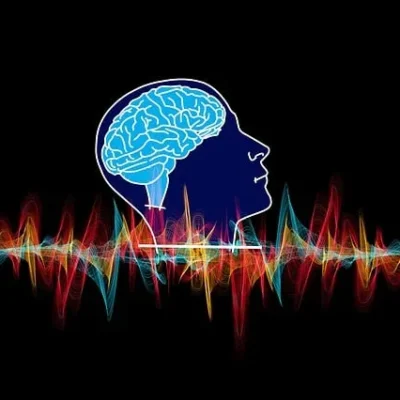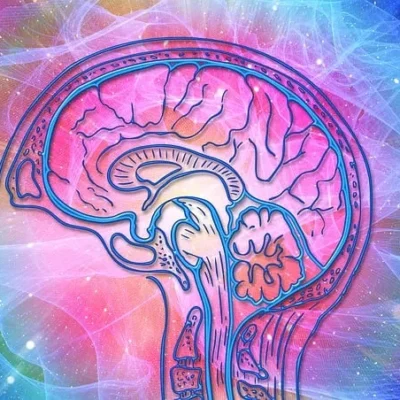
Your hair and skin may feel sticky from the glue or paste that kept the electrodes in place during your EEG, so you may want to wash your hair when you get home. An ambulatory EEG may be done if you continue to have seizures after trying various seizure medications. The testing can either confirm the diagnosis of epilepsy or find that epilepsy waves are not causing the seizures. Ambulatory EEG monitoring is generally done at a specialized epilepsy center. Your doctor might order this test if a routine EEG didn’t offer enough information about your condition.
An electroencephalogram (EEG) is a test that measures and records the electrical activity of the brain. A standard EEG typically lasts for about 30 minutes to an hour, but in some cases, a doctor may order a 24 hour EEG. This extended monitoring can provide valuable information that a shorter test may not capture.
Your healthcare provider will inform you when you may resume any medicines you stopped taking before the test. We do not recommend physicians decrease seizure medications to record seizures as might be ordered in an Epilepsy Monitoring Unit. Yes, with the stipulation that they will be available to follow-up the results. EEGs are medical tests and require medical providers to order them. The most common reason doctors order an EEG is to determine whether a patient is having seizures.
We strive to coordinate around work schedules and other obligations and events when possible. An electroencephalogram (EEG) is one of the main tests used to diagnose epilepsy. This information is not intended as a substitute for professional medical care. Always follow your health care provider’s instructions. Please return your Event Sheet and all test equipment at or before this scheduled time.
Reasons for ordering a 24 hour EEG:
Hyperventilation is also commonly induced during an EEG to produce abnormalities. Some people may not be able to hyperventilate safely, such as people with a history of stroke, asthma, or sickle cell anemia. If an EEG does not produce any abnormalities, stimuli such as strobe lights, or rapid breathing may be added to help induce any abnormalities. When someone is in a coma, an EEG may be performed to determine their level of brain activity.
Based on all of this information, your neurologist may diagnose seizures with confidence even though the result of your EEG was normal. The normal EEG does not mean that the neurologist was wrong in saying that you had a seizure. In the meantime, techs will monitor equipment twice a day remotely to ensure it’s functioning correctly and that none of the electrodes have fallen off. With the head covered in gauze, you may not know it if that happens.
EEGs are usually done when children have developmental delays or symptoms such as loss of consciousness, abnormal movements or behavior. The EEG will help tell if seizures or other brain conditions are the cause of the symptoms. Your child’s healthcare provider may have other reasons to recommend an EEG. You may have skin irritation or redness at the places where the electrodes were attached, but this usually goes away within several hours. If you feel any discomfort during the EEG hookup, notify your EEG technician immediately. If you have any burning or soreness at an electrode site, please notify your epilepsy doctor, PCP or neurologist.
- Diagnosing seizures: One of the most common reasons for a doctor to order a 24-hour EEG is to diagnose and monitor seizure activity. Seizures can be unpredictable, and longer monitoring periods increase the chances of capturing any abnormal brain activity.
- Evaluating sleep disorders: A 24-hour EEG can also be used to evaluate sleep disorders such as epilepsy or narcolepsy. By monitoring brain activity throughout a full day and night cycle, doctors can better understand how these conditions affect a patient’s brain function.
- Assessing brain injuries or tumors: In cases where a patient has suffered a traumatic brain injury or has a suspected brain tumor, a 24-hour EEG can provide valuable information about the extent of the damage or the presence of abnormal growths in the brain.
Frequently Asked Questions about 24 hour EEGs:
- Is a 24-hour EEG uncomfortable?
- Do I have to stay in the hospital for a 24-hour EEG?
A 24-hour EEG is usually not uncomfortable for patients. The electrodes are attached to the scalp with a special adhesive that is designed to be gentle on the skin.
Most 24-hour EEGs can be done on an outpatient basis, meaning you can go about your normal activities while wearing the electrodes. However, some patients may need to stay in the hospital for monitoring.




